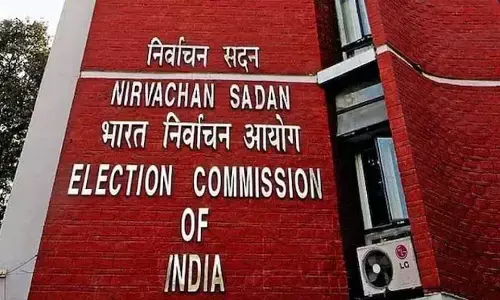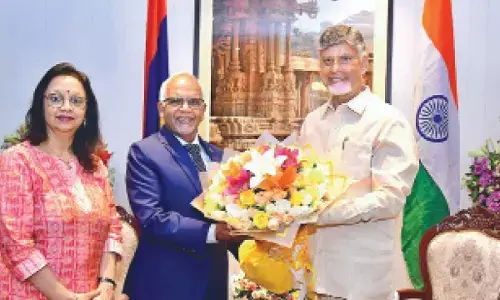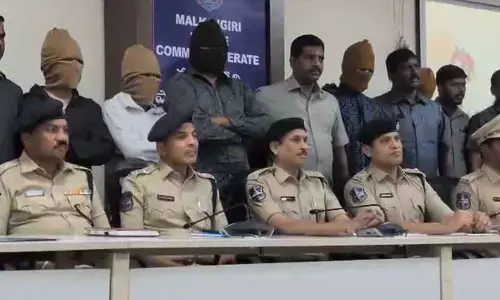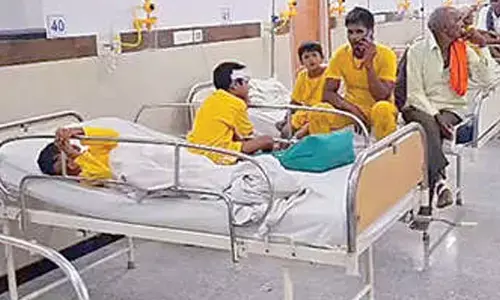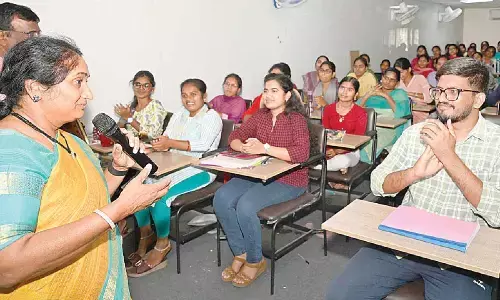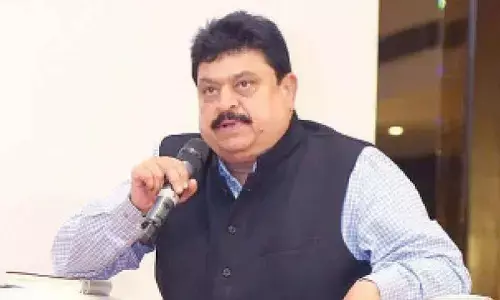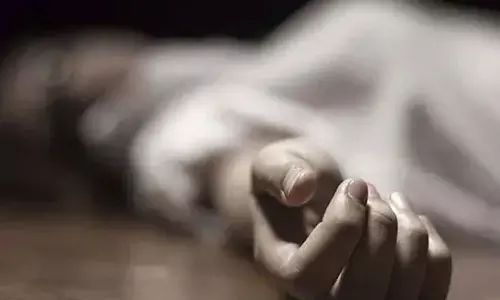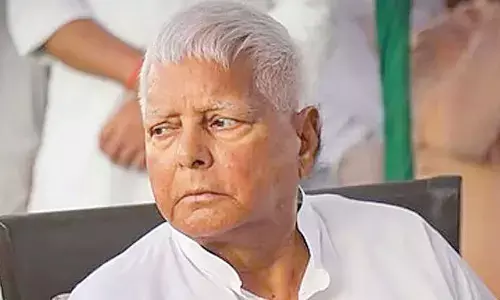Jaipal Singh Munda: Pioneer of India's Olympic gold in hockey and champion of tribal rights
Share :
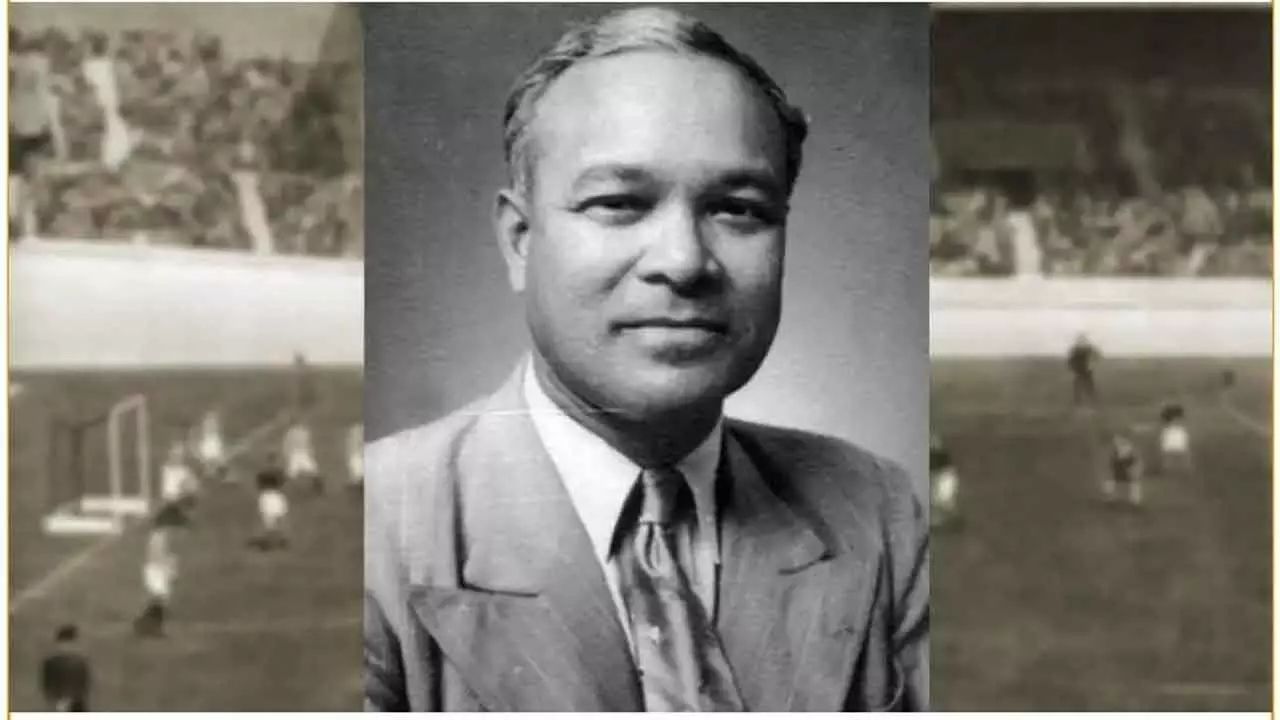
In the serene village of Takra, nestled in the forests of Khunti district, 50 km from Ranchi, Amru Pahan and Radhamuni were blessed with a boy on January 3, 1903, and he would grow to become Jaipal Singh Munda, an iconic figure known for his extraordinary talent, unwavering passion, and charismatic personality.
Jaipal Singh Munda, affectionately called "Marang Gomke (Great Leader)", led India to its first Olympic gold medal in hockey at the 1928 Amsterdam Olympics. His love for hockey was so profound that he left the prestigious Indian Civil Service (ICS) during British rule to pursue his passion.
Jaipal Singh Munda’s contributions extended beyond sports. He was a brilliant student, a skilled orator, a prominent member of India’s Constituent Assembly, and a relentless advocate for tribal rights. Though Jharkhand officially became a separate state on November 15, 2000, the political struggle for its creation began in 1938-39 under Jaipal Singh Munda’s leadership. Today, on his 123rd birth anniversary, Jharkhand reverently remembers its illustrious hero.
Born Pramod Pahan, Jaipal Singh Munda’s potential was recognised early. At St. Paul’s School in Ranchi, the British Principal was so impressed with his talent that he took the young boy to England in 1918. He graduated in Economics from St. Augustine’s College, Canterbury, and later from St. John’s College, Oxford, in 1926.
His sporting prowess earned him the prestigious title of ‘Oxford Blue’ in 1925, making him the only international hockey player to achieve this honour. In 1928, while undergoing ICS training in England, he was appointed captain of the Oxford hockey team.
Under Jaipal Singh Munda's captaincy, India won its first Olympic hockey gold in 1928, etching his name in history. After returning to India, he worked in diverse roles, including at Burma Shell Oil Company in Kolkata, as an Economics professor in Ghana, and as the principal of Rajkumar College in Raipur. He also served as the Minister of Finance and Foreign Affairs for the Bikaner State.
Jaipal Singh Munda’s political journey began in 1938 when he assumed leadership of the Adivasi Mahasabha, an organisation advocating tribal rights. On January 20, 1939, he was appointed president of the Mahasabha, which intensified the demand for a separate Jharkhand state. In 1940, he met Subhash Chandra Bose at the Ramgarh session of the Congress and formally presented this demand.
In 1946, Jaipal Singh Munda was elected to the Constituent Assembly, where he championed the cause of tribal communities. Post-independence, he transformed the Adivasi Mahasabha into the Jharkhand Party in 1949. The party performed remarkably well in the first Lok Sabha and Assembly elections in 1952, becoming the main opposition in Bihar with 32 seats in the Assembly.
In 1963, Jaipal Singh Munda merged the Jharkhand Party with the Congress, on the condition that a separate Jharkhand state would be created. While this promise took decades to materialise, his vision and efforts laid the foundation for the eventual formation of Jharkhand in 2000.
Jaipal Singh Munda remains an enduring symbol of excellence in sports, governance, and the fight for social justice. His life inspires countless people, especially in Jharkhand, to strive for progress while preserving their cultural identity.







